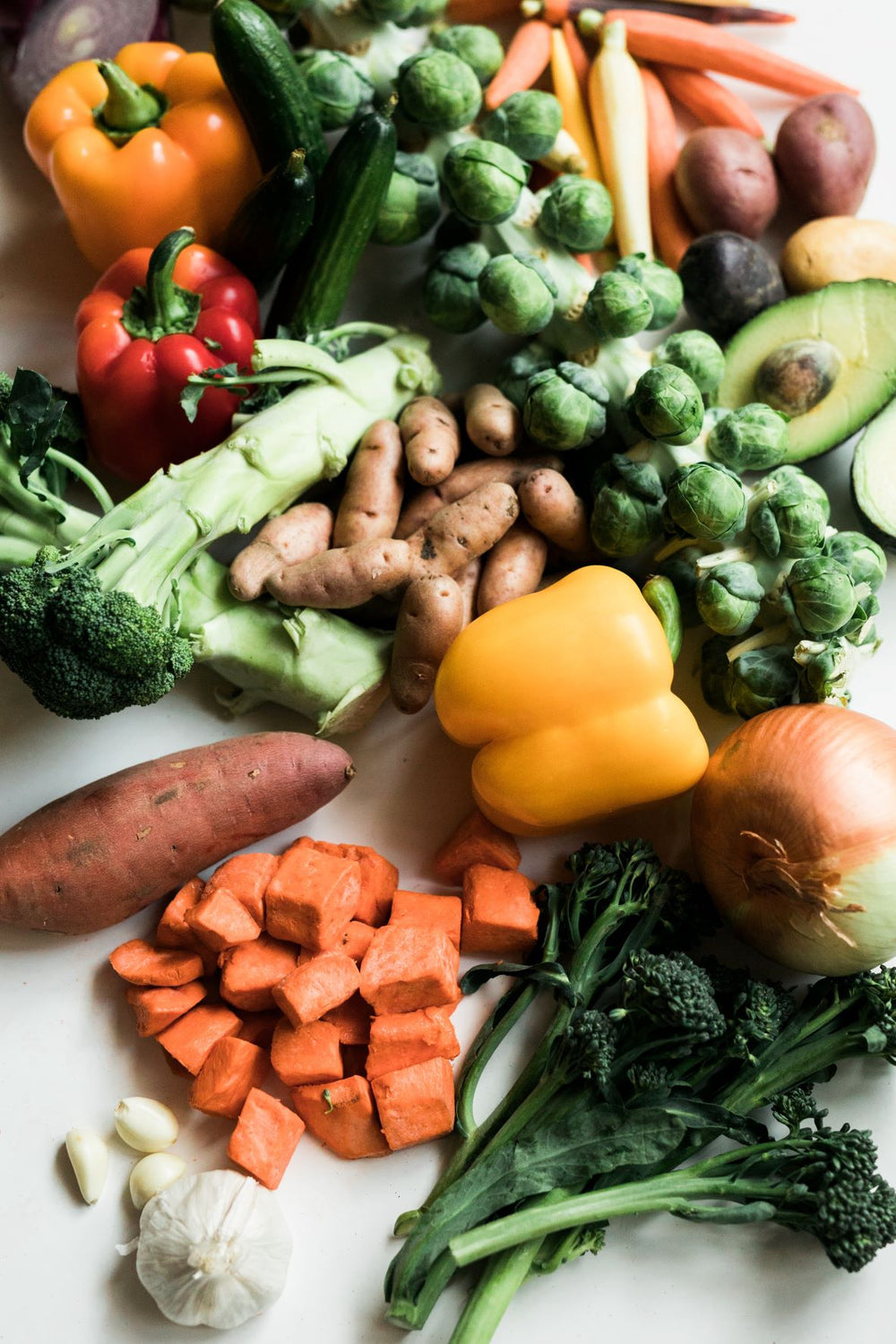“Early in pregnancy, blood volume increases significantly so the body can carry extra nutrients to the developing fetus,” says nutritionist Lizzy Swick. “Nutrients for both mom and baby come from what mom eats and her body stores. In the case of certain nutrients, the baby will always get what it needs.” In other words, if it’s not coming from the mother’s diet, the baby will take it from the mother’s body, which leaves the expectant mother short on her own nutrition.
Ideally, you would get all the nutrients you need from food. “Eating well is the absolute best foundation for your postpartum health,” says Swick. “Ideally, we want clients to get what they need from their food.” But of course, things aren’t always ideal. And worrying that your own dinner is rich in iron and folate is probably not a high priority if you have a newborn baby. That’s where supplements come in.
“When people aren’t getting what they need, I see slower rates of recovery, more mental health issues, and slower wound healing,” says midwife Christian Toscano.
Here’s a guide to what you need, and if you think may have a deficiency, talk to your doctor or practitioner.
Iron
- Why it matters: “Often if a client had a hospital birth or a surgical birth, they're coming off of a hemorrhage,” says Toscano. “With those clients, we talk a lot about blood building, what to take to build your blood supply, and we look to iron-rich foods and protein-rich foods.”
- Warning signs: Dizziness, heart palpitations, getting winded easily or while talking, unusual cravings, like dirt or chalk, and/or excessive fatigue.
- What to eat: Beans and legumes, organ meats, eggs, beans, leafy greens.
- How much is healthy: 10 to 30 milligrams per day. “With iron, take vitamin C,” Toscano says, “and avoid taking it with calcium because that inhibits absorption.” She recommends chelated iron, which has the best absorption.
Folate (A.K.A Vitamin B9)
- Why it matters: “We hear so much about the importance of folate for the baby, but mom needs it for healthy blood too,” Swick says. “Low folate levels might increase a woman's risk of postpartum depression.”
- Warning signs: Mood problems and depressive symptoms; fatigue, soreness, numbness in the extremities, headaches, gastrointestinal issues
- What to eat: Leafy greens, beetroot, beans, legumes, citrus fruits, liver
- How much is healthy: 400 micrograms of folate per day.
Omega-3-fats
- Why they matter: For one thing, they’re good for your brain. “Healthy omega-3 fats may reduce inflammation in the brain and help with mood disorders, including postpartum depression,” Swick says.
- Warning signs: Mood problems and depressive symptoms, joint pain, skin issues
- What to eat: Swick recommends salmon, mackerel, anchovies, sardines, and herring, plus shellfish like cooked oysters and mussels. If you don’t eat fish, says Toscano, “then we can go to evening primrose, or black currant, or borage.” Nuts, seeds, and plant oils are also rich in omega-3 fats.
- How much is healthy: Talk to your practitioner— guidelines for ALAs (one of the three types of omega-3 fats) recommend 1.3 grams per day while breastfeeding.

Postnatal Multivitamin + Omega-3
Vitamin D
- Why it matters: “Vitamin D helps prevent mood issues postpartum as well autoimmune conditions, such as postpartum thyroiditis,” says Swick. “If a woman experienced gestational diabetes during pregnancy, it is critical to evaluate, treat and monitor her vitamin D postpartum.”
- Warning signs: Frequent illness, unexplained bone or muscle pain, feeling weak, some studies show a connection between postpartum depression and low vitamin D levels.
- What to eat: Mackerel, tuna, and salmon; cod liver oil, egg yolk, liver, fortified dairy products—but also, get outside. Spending 15 to 20 minutes in the sun (if your skin can handle it without burning) prompts the body to make vitamin D.
- How much is healthy: The Mayo Clinic suggests 600 IU per day for all adults, but check with your practioner if you think you may need more postpartum.
Magnesium
- Why it matters: According to Swick, this mineral is critical for your emotional wellbeing, your muscles, and more. “Magnesium is important for balancing mood, controlling blood sugar, improving sleep quality, and relieving tired, sore muscles from labor, birth, and those round-the-clock baby carrying positions.”
- Warning signs: Sore muscles, achiness, sugar cravings, headaches, irritability. and signs of depression.
- What to eat: Whole grains, seeds, nuts, leafy greens, soymilk, beans, apples, bananas, salmon halibut, and dark chocolate.
- How much is healthy: 310 to 320 milligrams per day.






